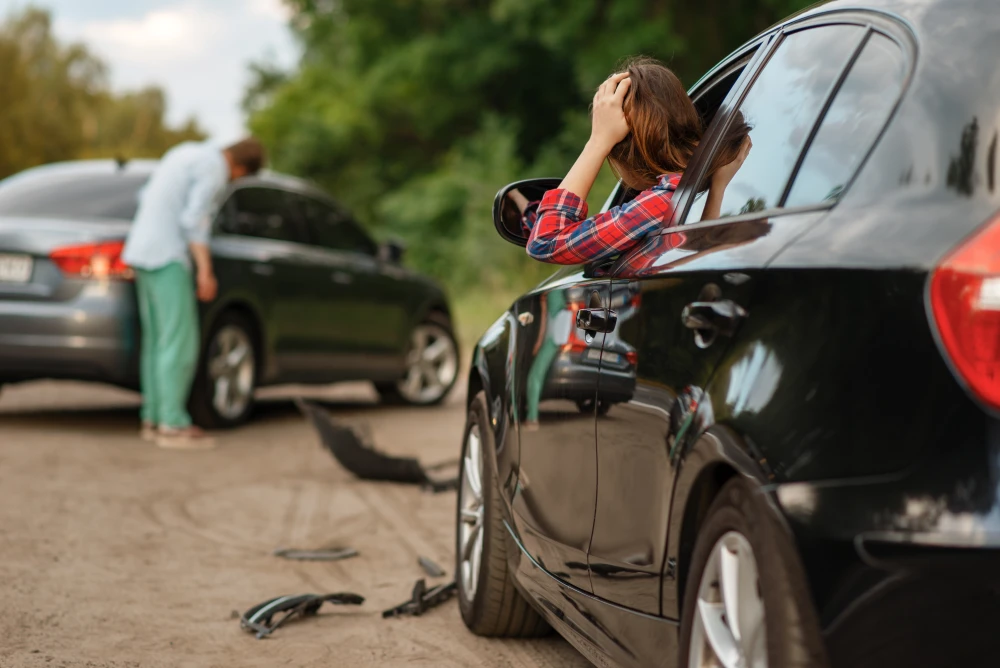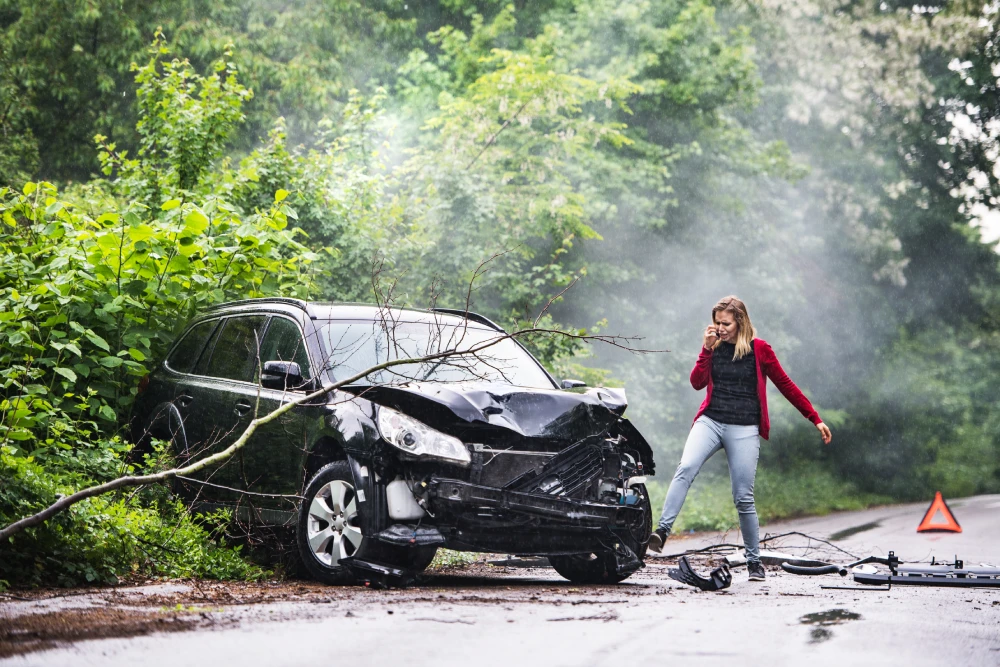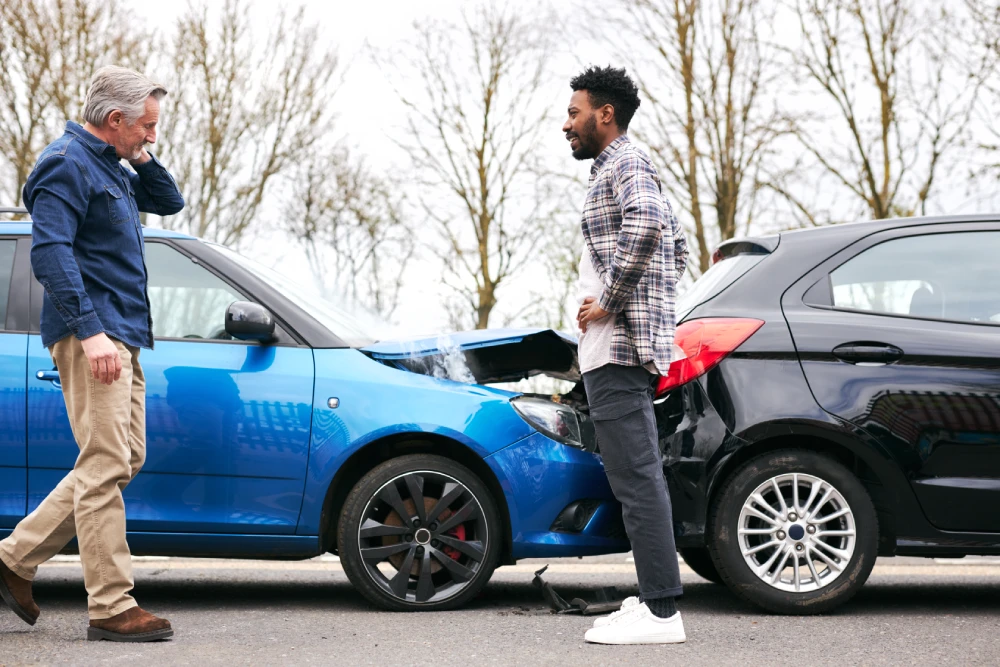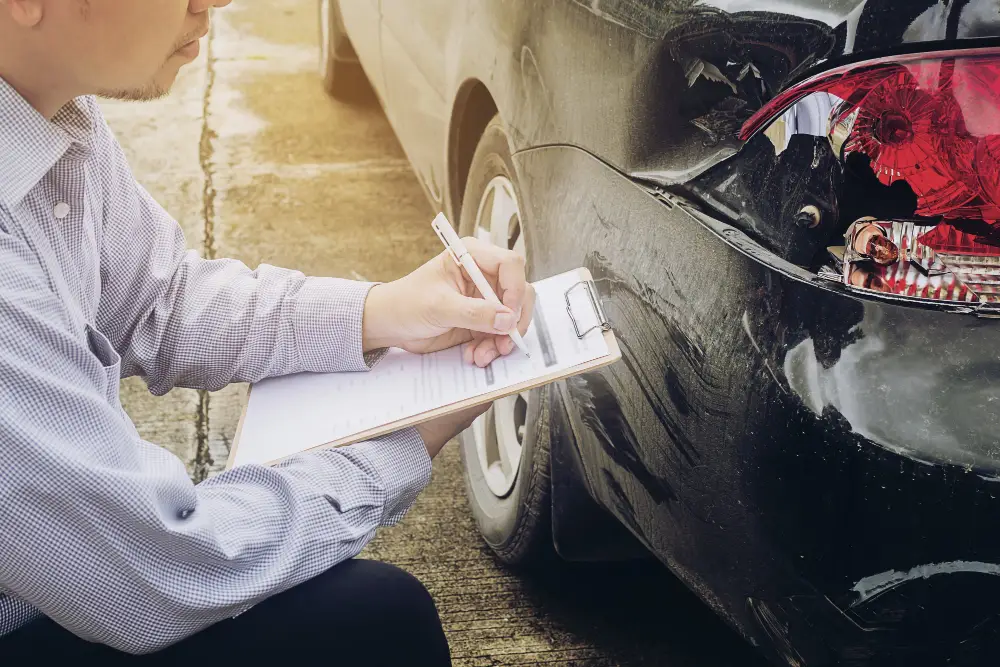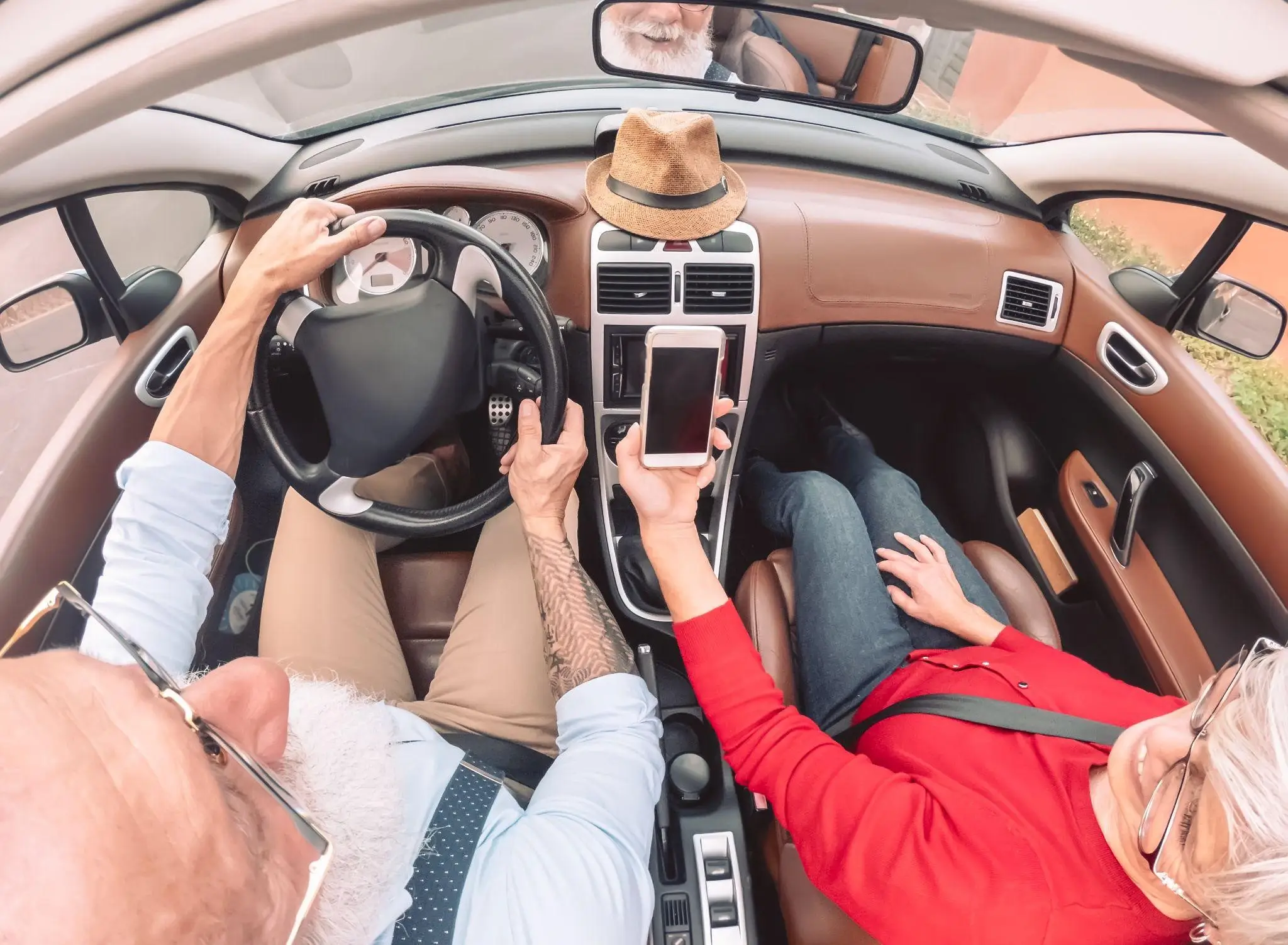- Bart Bernard
- Practice Areas
- Distracted Driving
Distracted Driving Accidents: A Growing Epidemic on Louisiana Roads
The sun was shining, the radio was playing, and Sarah was driving home from work, thinking about the dinner she was going to make. Suddenly, a car swerved into her lane, and before she could react, there was a deafening crash. The impact sent her car spinning, and she felt a sharp pain in her chest. Dazed and confused, she realized she had been hit by a distracted driver who had been texting behind the wheel.
Sarah’s story is, unfortunately, not unique. Distracted driving has become a dangerous epidemic on Louisiana roads and across the United States. Every day, countless individuals are injured or killed due to drivers who choose to take their eyes off the road, their hands off the wheel, or their minds off the task of driving.
At Bart Bernard Injury Lawyers, we’ve been fighting for the rights of accident victims in Louisiana for 30 years. We’ve seen firsthand the devastating consequences of distracted driving, and we’re committed to holding negligent drivers accountable. Our promise is simple: “I’ll be with you every step of the way” as we navigate the complexities of your case and seek the justice you deserve.

